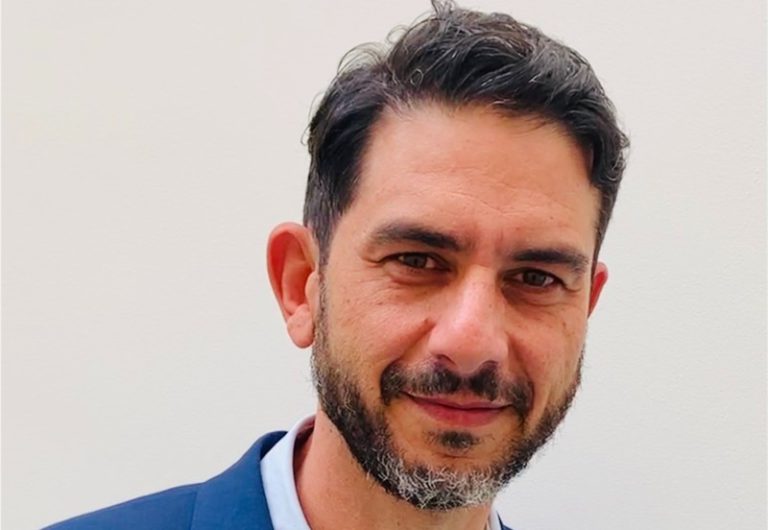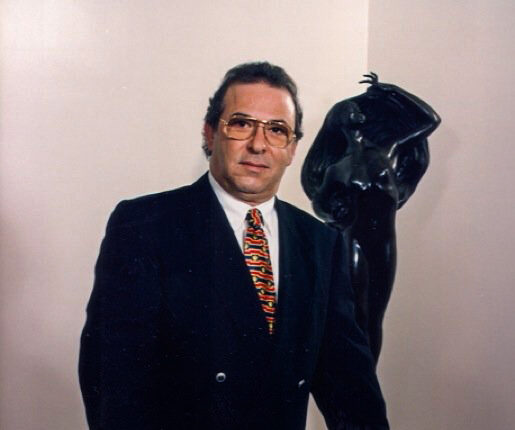Despite an abundance of job applications, employers are finding it increasingly difficult to identify and hire the right talent.
This misalignment appears to stem from both job seekers and HR professionals failing to prioritise the right skills.
According to LinkedIn’s latest Work Change report, over half of the workforce plans to look for a new job in 2025. While nearly 40 per cent of job seekers are submitting more applications than ever before, many report a lack of responses from employers.
Simultaneously, nearly two-thirds (64 per cent) of HR professionals reveal it has become harder to find qualified candidates over the past year. One key issue is that while recruiters are receiving a higher volume of applications, many applicants do not showcase the necessary skills on their CVs. In fact, 73 per cent of HR professionals state that fewer than half of the job applications they receive meet the required criteria for open positions.
“We’ve got a skills mismatch that’s playing out in the labour market, and it is only going to be more true over time, because the labour market was built to look at jobs as titles, not tasks,” says Aneesh Raman, Chief Economic Opportunity Officer at LinkedIn, in a conversation with Fortune.
“When you look at jobs as tasks, and you start to understand their different skills, and how those skills are changing year over year, it creates a whole different way to match talent and opportunity,” he adds.
The challenge for HR professionals
The challenge is exacerbated by the sheer time spent on the hiring process. More than one-fifth (22 per cent) of HR professionals report dedicating between three and five hours a day to sorting through applications. Meanwhile, 63 per cent of HR professionals believe there is a skills gap between what candidates have to offer and what their organisations need.
It’s not just technical expertise that’s lacking – soft skills are also in short supply. LinkedIn’s research found that 45 per cent of hiring managers say candidates are deficient in these areas, which are becoming increasingly important in the modern workplace.
This doesn’t mean the right candidates are absent. However, HR leaders need to broaden their approach and avoid dismissing individuals who might not meet every requirement on paper. Today’s workforce is more dynamic, with employees likely to hold twice as many jobs throughout their careers compared to 15 years ago. This shift has resulted in a more diverse skill set across industries and roles.
“Increasingly, people need to learn how to think and talk skills on both sides of the hiring process,” says Mr Raman.
“More and more of hiring conversations are about mapping skills against the job tasks as they change, so everyone should be going into every conversation about work in their career with a view of who they are by skills first,” he concluded.
ITS graduates ‘shaping Malta’s reputation’ – Ian Borg
He praised the graduates for their dedication to service and sustainability.
Sabine Agius Cabourdin on leadership, governance and her new role
'Leadership is always grounded in empathy, transparency, structure and accountability.'
David Bonett appointed Independent NED at Von der Heyden Group Finance
He brings over 20 years of experience in corporate finance, financial management, and advisory roles.
Tumas Group honours the visionary spirit of George Fenech
Tumas Group reflects on the life and legacy of former CEO George Fenech with ‘deep gratitude and pride’.









